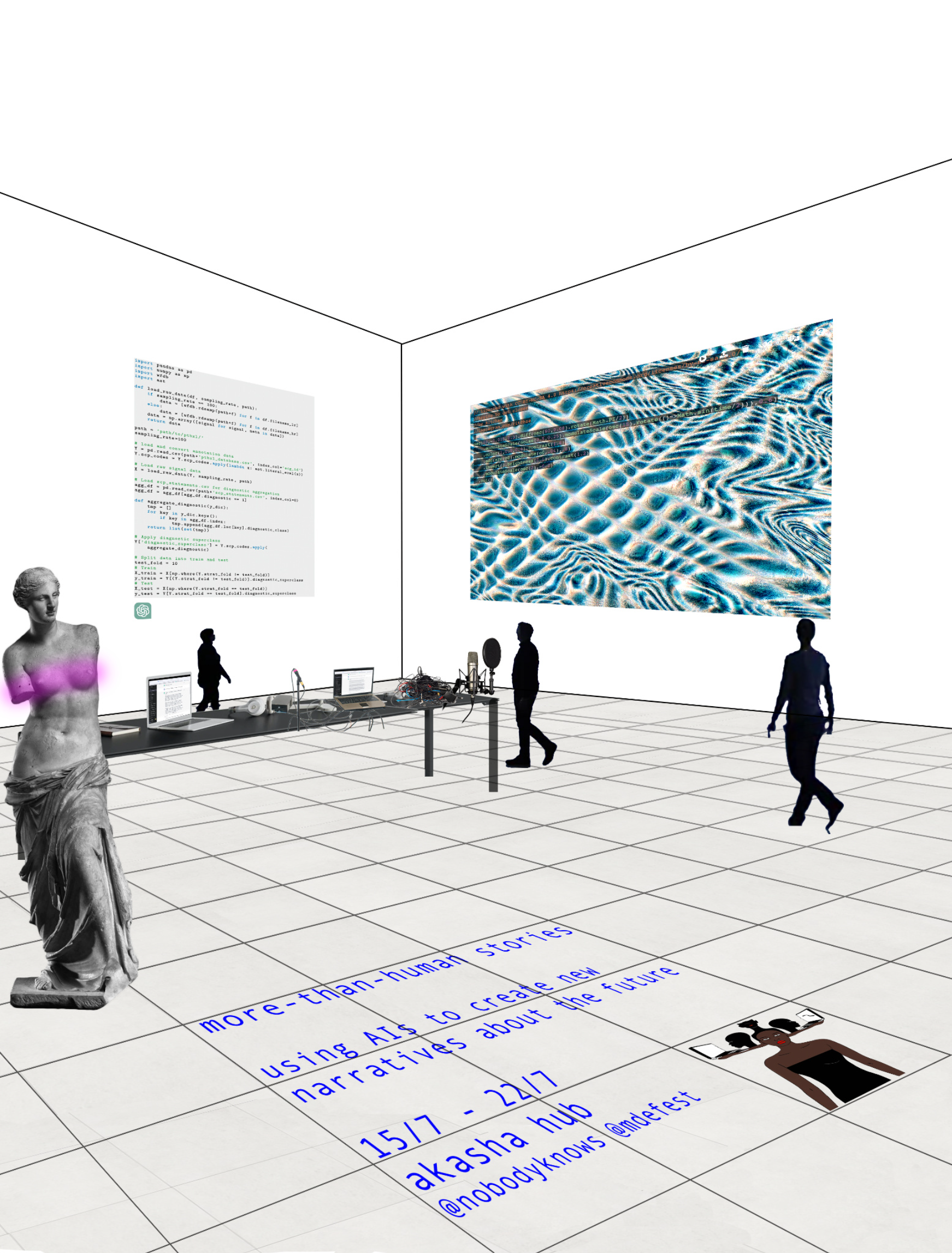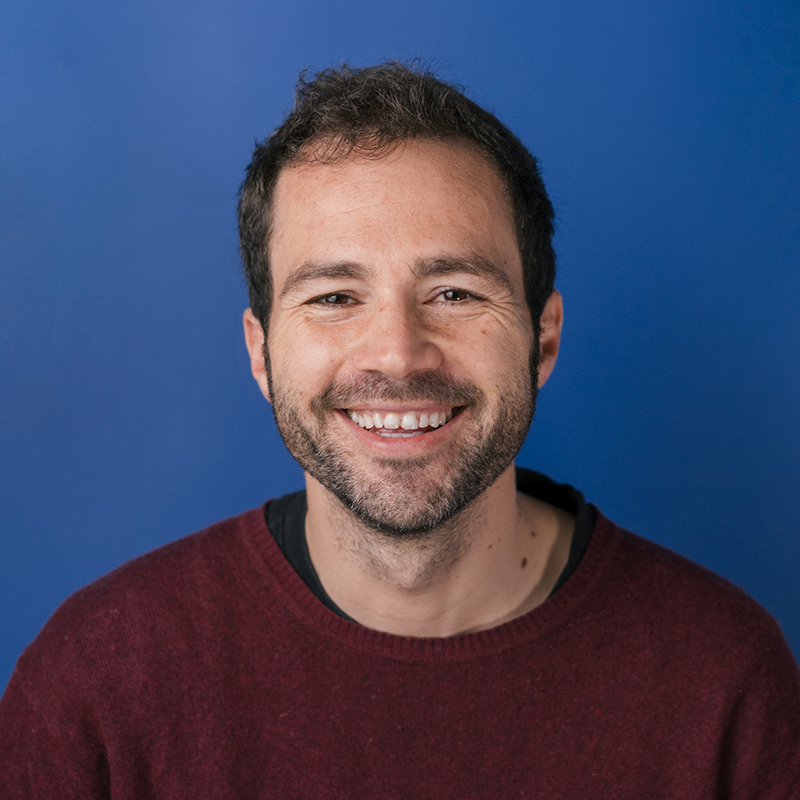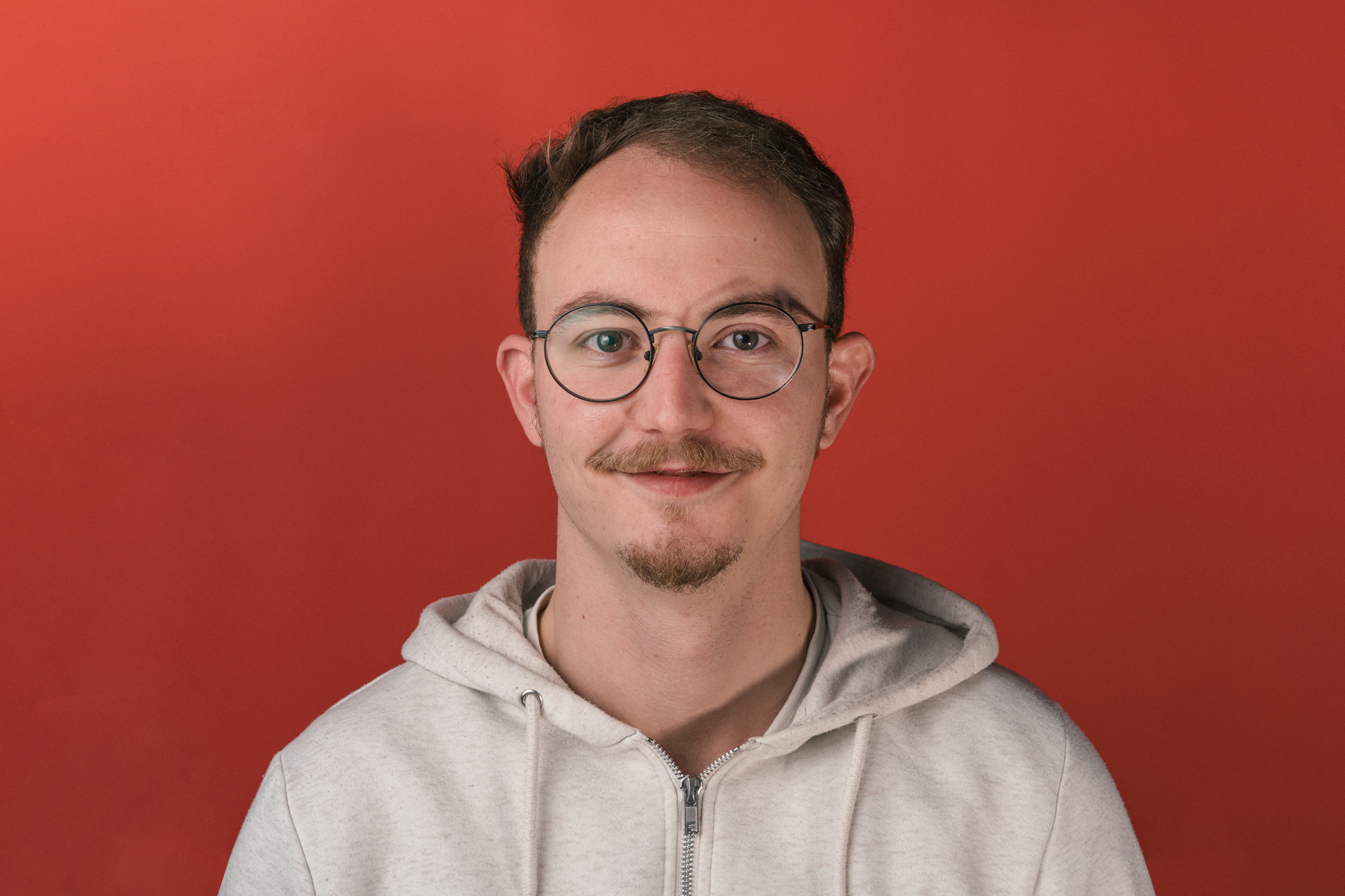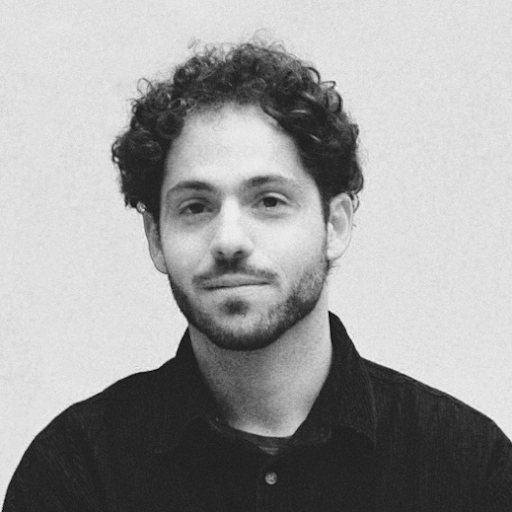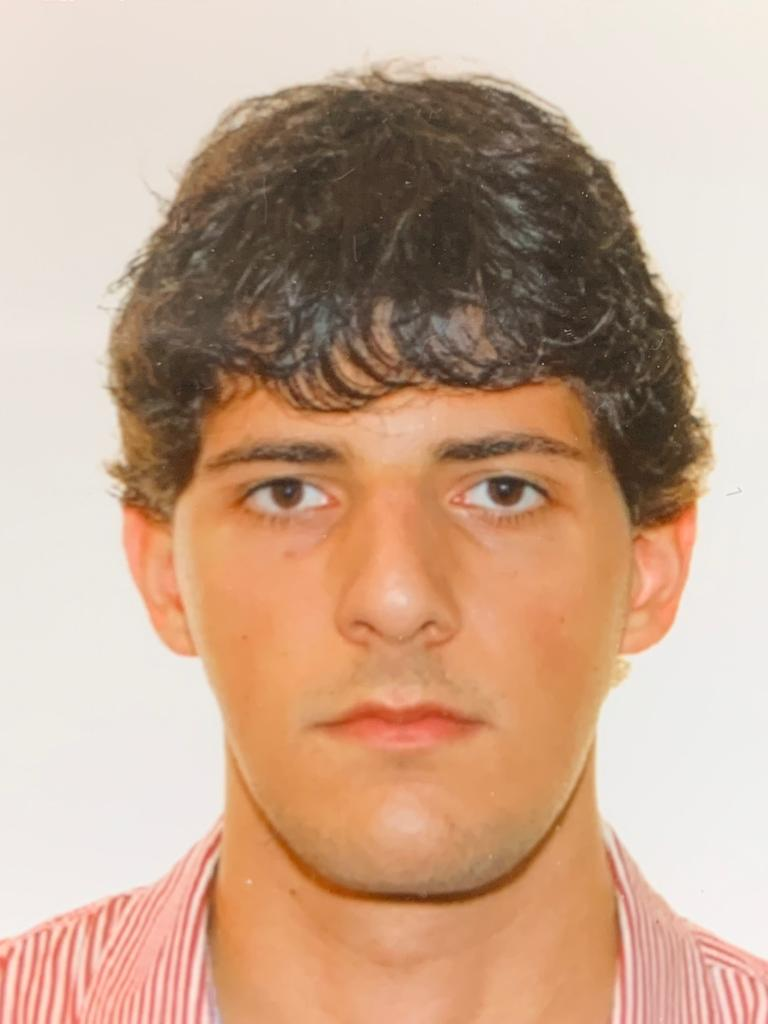Syllabus⇝
Multimodal Systemic Artifacts are tangible creations that function as active nodes within a dynamic ecosystem, integrating multiple channels of perception and response—including analog, biological, and digital modalities These artifacts embody closed-loop loops of sensing, interpretation, and actuation, fostering emergent behaviors, collective learning, and sustainable innovation across interconnected systems.
These are intensive weeks to design and produce Prototype / Artifacts that will directly feed into MDEFest by providing engaging, hands‑on demonstrations and interactive experiences showcasing the research projects you arew working
Key Elements⇝
Duration: 30 hours in total. - 12 hours of autonomous work (o.w.). - 2 hours of Final presentation (f.p.).
Working format: Individual or in groups
Documentation and dissemination: - Each team member must create a post to share insights. - And a repository (Repo) to store and document their process and outcomes.
Keywords⇝
Prototyping, Co-creation, Iterative Design, Digital Fabrication, Open Source Documentation, Collaboration, Critical Making, Intervention Design, Systems Thinking, Experiential Learning, Problem-Solving
Schedule⇝
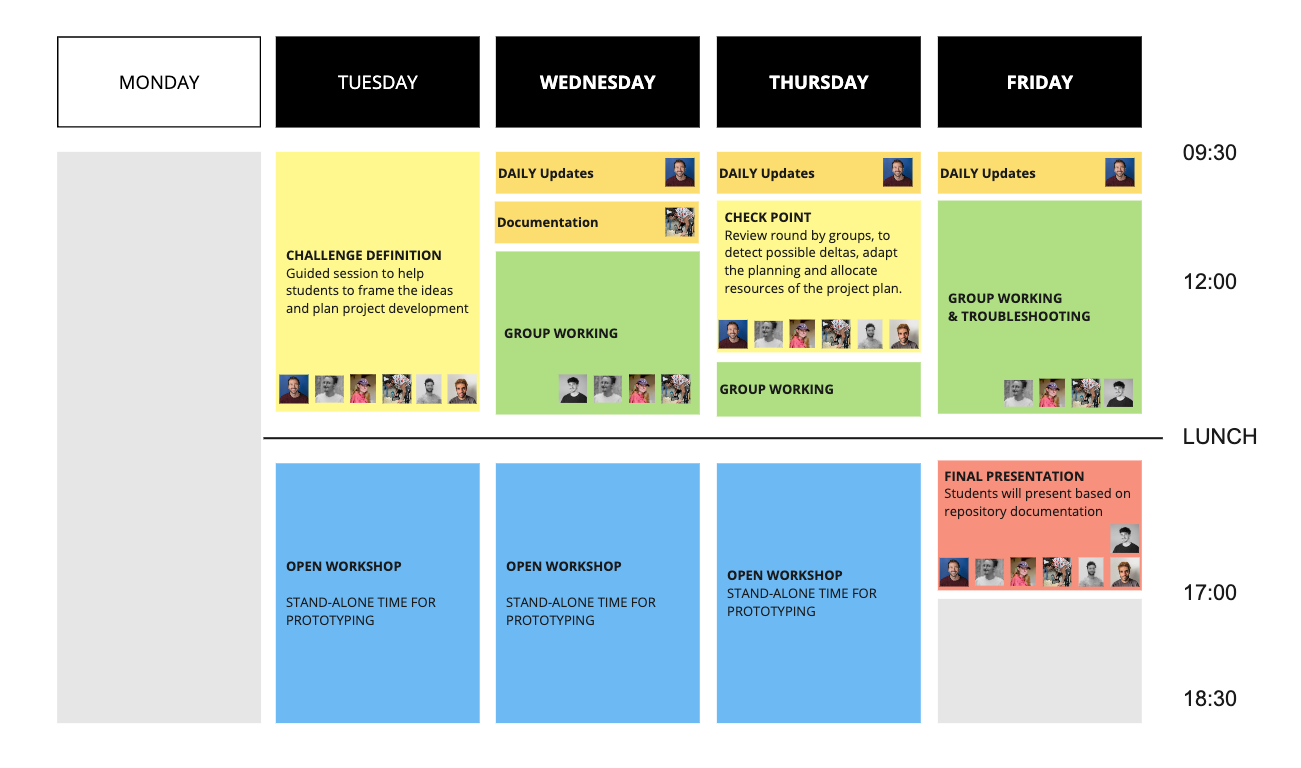
Deliverables / Outputs⇝
At the end of the Microchallenge, students must submit two key deliverables to document their learning and project development:
Individual Post
Each student will write a reflective post based on personal questions, capturing their learning experiences and individual contributions to the challenge. This will serve as a self-assessment and a way to share insights with the broader community.
Project Repository
Each group must create a new repository to document the entire development process of their intervention. This will include research, prototypes, iterations, and final outcomes. The repository should be hosted on Hackster.io
Submission Deadline:⇝
All documentation must be submitted by Monday after the challenge week to ensure proper reflection and sharing of the process.
Evaluation Strategies⇝
- Only the documentation into their webpages will be taken in account for evaluation.
- The weekly standards and grading will be presented during the weekly classes.
The assessment of the MDEFest farbication Challenge is based on four key areas, ensuring a balance between selfevaluation rigor, documentation quality, engagement, and creativity.
- SYSTEMIC DEPTH (30%) – Extending the project’s meaning through its systemic awareness.
- Open Content (35%) – Evaluates the clarity and detail of documentation, including media such as photos, videos, and text.
- Involvement (30%) – Measures attitude, motivation, and proactive behaviors throughout the process.
- Explosion (5%) – A playful yet impactful category rewarding boldness and innovation—as long as it does not literally explode! 🚀
FINAL GRADE = 20% Individual Post (Personal Reflection) + 80% Microchallenges Average
Materials Needs⇝
All materials needed for the course will be provided by the faculty. The students are required to bring to the classes their own students toolkit and the programming boards given to them at the start of the academic year, other development boards, sensors and actuators will be provided during the classes. Bring in your laptop with the proper software installed prior to the class if required (emails will be sent prior to the classes regarding this aspect).
Resources⇝
Faculty⇝
Santiago Fuentemilla Garriga , is Master degree in Architecture and postgraduate in digital fabrication and rapid prototyping (Fabacademy). He accumulates more than 15 years of experience in studios (OPR, FHAUS, OPERA, Brullet de Luna associats), designing multidisciplinary projects at an international level. Since 2013 he is part of the IAAC - Fab Lab BCN team, as coordinator and leader of Future Learning Unit (FLU), an area of research, design and implementation of innovative educational models that promote growth, learning and creativity to generate opportunities to achieve the goals and challenges of uncertain futures. FLU participates in private and EU funded research projects such as TEC-LA, Shemakes, Ruractive, DOIT, Phablabs 4.0, Creative Minds, among others. He is director of the global academic programs Fab Academy and Fabricademy, in the Barcelona node, executive board of Fab Learning Academy, and faculty of the Master in Design for Emergent Futures (MDEF) and The Master in Design for Distributed Innovation (MDDI).
Born in Barcelona in 1995, Mikel has been doing art, graphic design and programming for video games and cinema until he discovered the amazing world of digital fabrication, the OpenSource community and makers to be related to different processes and characters of the sector. Until October 2021 he has been working as Manager of Fablab Barcelona, organising different things around the lab, including workshops, taking care of the machines, doing the necessary maintenance and teaching students not only how to use them but also how to become "makers". He has also been developing projects to empower people and communities to have access to technology in the most open way. When asked what he liked most about Fablab Barcelona he answers without a doubt: "Doing things" but "Doing open things". Since he left Fab Lab Barcelona in October 2021, he has been opening a new studio in Barcelona, called Facto, located in the Gràcia neighbourhood, where he has his own workshop and workspace for the development of projects, among which he is founding a design brand that works with recycled plastics.
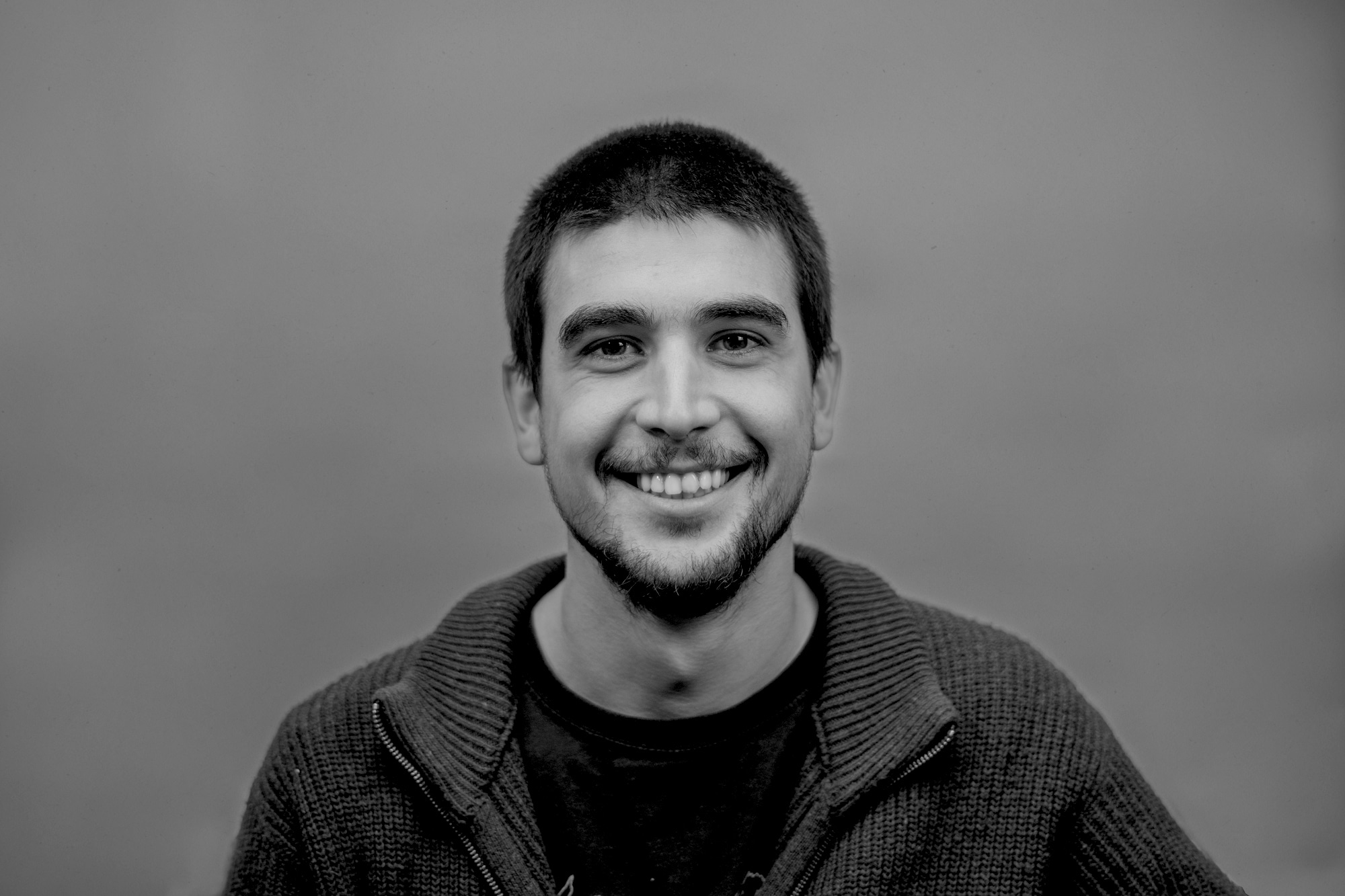
Adai Surinach
Digital Fabrication Expert
Adai graduated with a superior degree in engraving and stamping techniques at Llotja School of Art and Design in Barcelona. After graduation, he became interested in 3D printing, taking him to get involved in Fab Labs until becoming an intern at Fab Lab Barcelona. Shortly after, Adai undertook Fab Academy in 2022 and started working at the lab in different projects like Smart Citizen and as an instructor in academic programs.
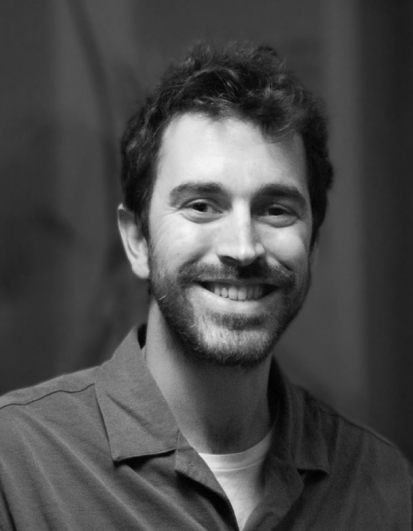
Jordi Garreta
Creative Developer
Jordi Garreta is a Creative Developer based in Barcelona. With a background in Audiovisual Systems Engineering (UPF) and a Master’s in Interaction Design (Domus Academy, Milan), his work explores the intersection of digital craft, human experience, and emerging technology.
Jordi’s practice spans WebGL, Three.js (R3F), TouchDesigner, Unity3D, Next.js, Arduino, Processing, and Python. He has collaborated with global brands such as RedBull, New Balance, United Nations, Sephora, and Roche, and contributed to leading creative agencies including thinkmoto, Wildbytes, Domestic Data Streamers, Dotdotdot, and Opendot.
Alongside his professional work, Jordi has taught creative coding, smart design, and physical computing at institutions such as ESDi, Escola Pia Luz Casanova, and Opendot (FabAcademy). Currently working independently, he is open to collaborations at the crossroads of technology, interactivity, and design.
Pietro Rustici is a computer scientist with a background in robotics and design. After finishing degrees at Delft University of Technology (TU), he studied the Master of Design for Emergent Futures at the Institute of Advanced Architecture of Catalonia and subsequently at ELISAVA Barcelona. Through the speculative practice his approach technology critically and question it through different lenses. Projects are ranging from technological investigation into AI to speculative furniture design and multimedia installations. He works and live in Barcelona.
Nicolò Baldi is an interdisciplinary designer and artist born in bologna in 1999. coming from a scientific background and later graduated in industrial product design in 2023 at university of bologna, he has progressively researched a dynamic dialogue between art and science.
Contamination by different disciplines and not belonging to a mother field give him a hybrid profile where exploration is wandering and dialysis is open.
He is currently based in barcelona where he just completed a master in design for emergent futures.
